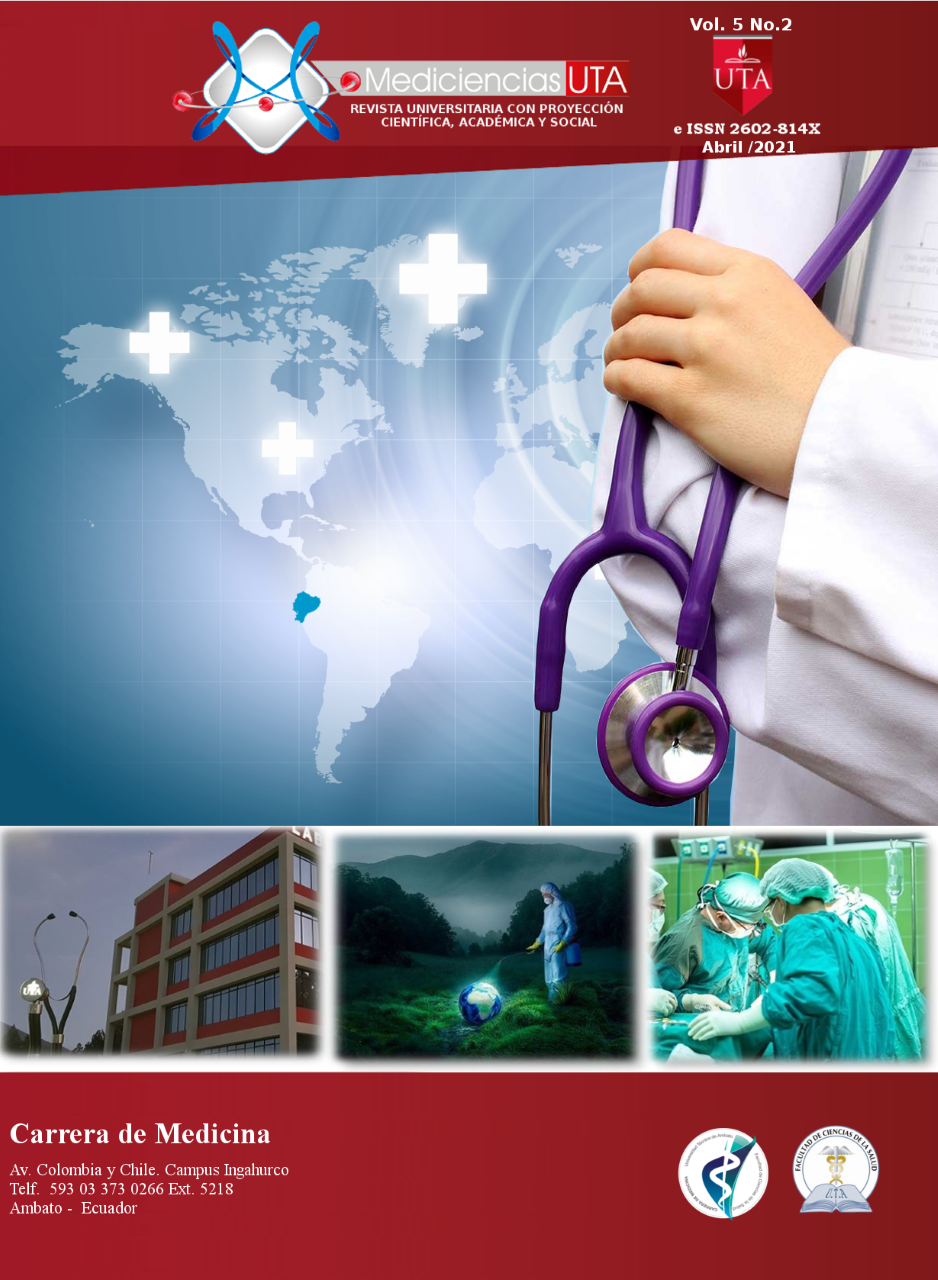Portal vein thrombosis from C protein, protein S and antithrombin III deficits
Main Article Content
Abstract
Introduction: Portal vein thrombosis is a rare hypercoagulability disorder. A clinical case of a 30-year-old patient with thrombophilia caused by protein C, S and antithrombin III deficiencies occurs, causing portal vein thrombosis that occluded 90% of the vessel's light, which led to portal hypertension, portal cholangiopathy, cholangitis and multisistmic failure and received treatment based on anticoagulants and antibiotics. Patients with this pathology without malignancy or cirrhosis have good prognosis if treated in a timely manner.
Objective: Describe the clinical approach of portal vein thrombosis by protein deficit C, S and antithrombin III.
Material and methods: Retrospective descriptive study, clinical case presentation of portal vein thrombosis.
Results: Female patient 30 years old, with a personal pathological history of fetal death 3 years ago, presents clinical picture of abdominal pain of 1 month of evolution, accompanied by fever, anorexia, vomiting and jaundice. Diagnosis of portal vein thrombosis is confirmed due to protein C, S and antithrombin III deficiencies.
Conclusions: Thrombophilia are pathologies caused by a disorder in the mechanism of hemostasis where the affected person easily generates thrombus, are still under-studied and therefore underdiagnosed pathologies, however a timely diagnosis of thrombophilia and its cause will allow to give treatment, improve the conditions and outcome of the patient that could sometimes be fatal.



